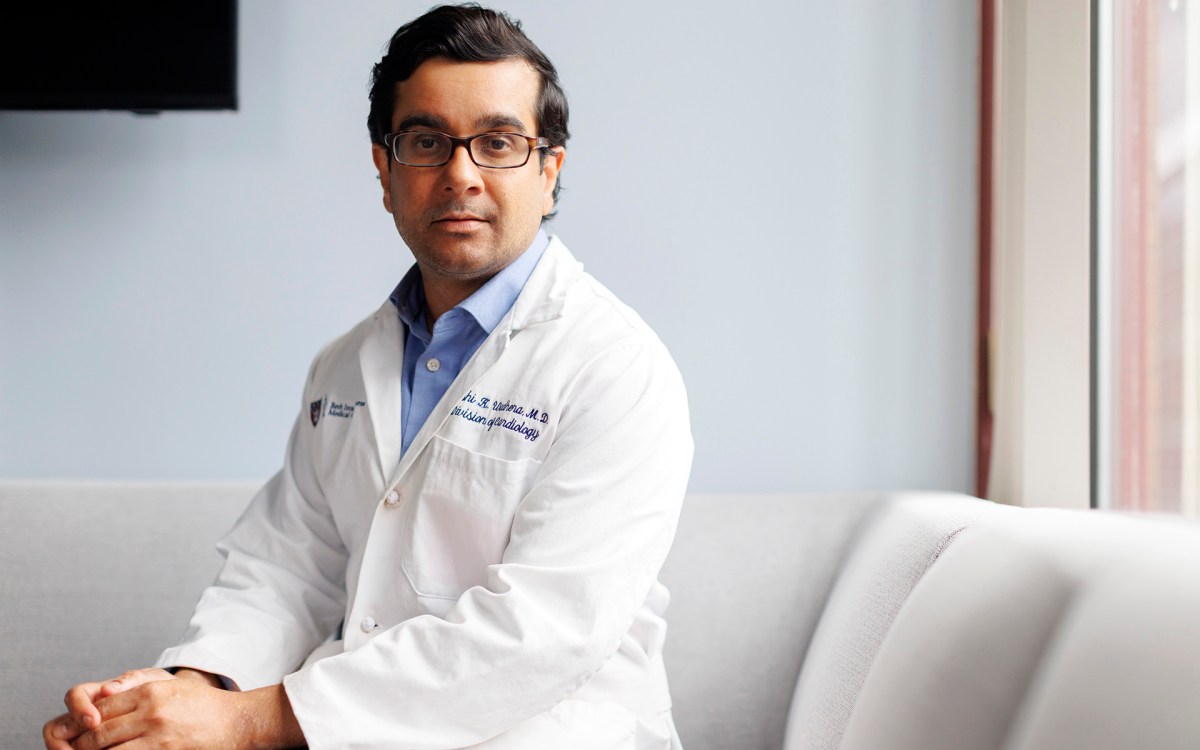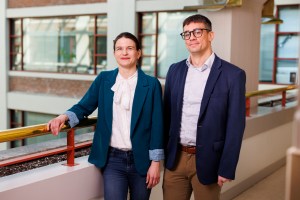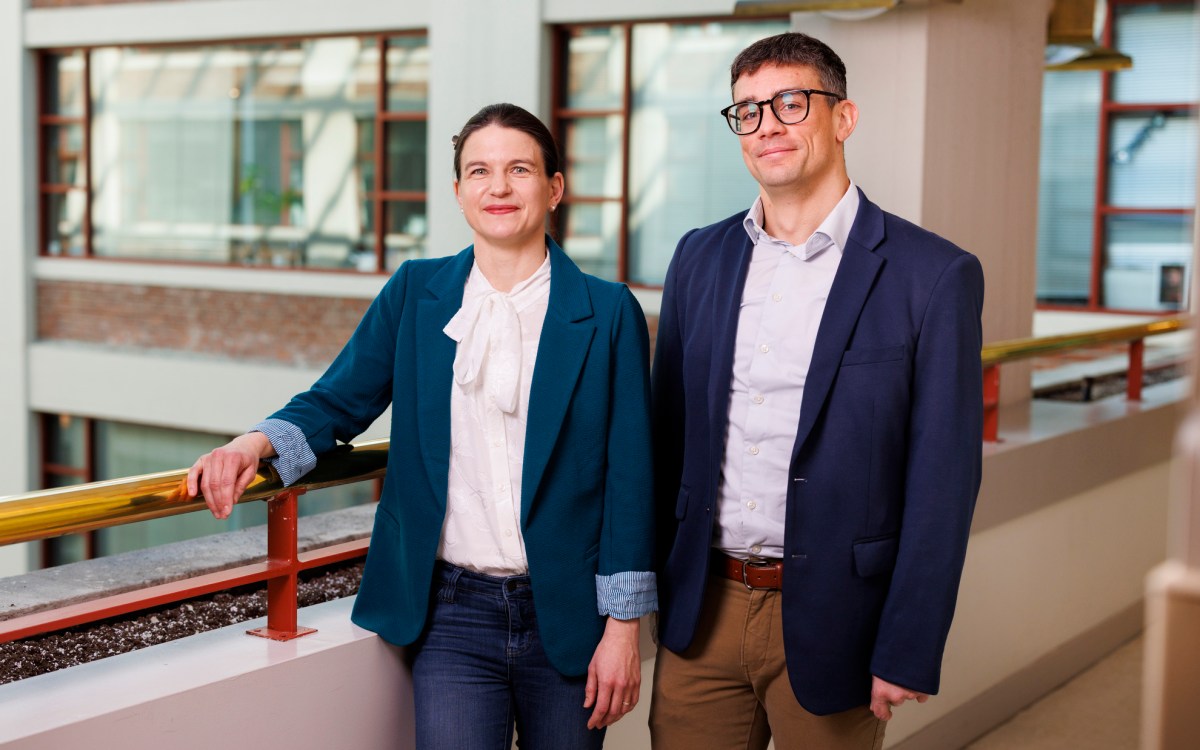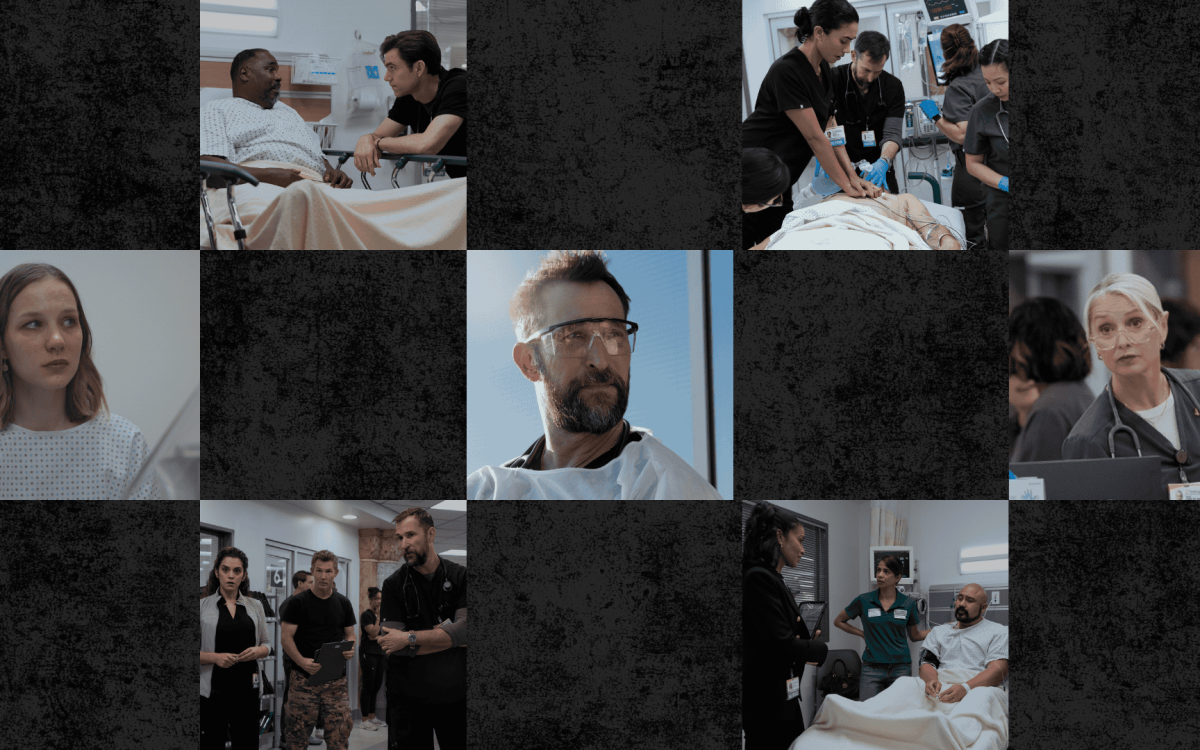Drugs are effective against eye disease
Results of two large international clinical trials have shown positive results using Macugen, an experimental treatment that targets the abnormal blood vessels found in the “wet” form of macular degeneration. The results, described in November 2003 at the American Academy of Ophthalmology’s annual meeting in Anaheim, Calif., demonstrated the drug’s ability to decrease vision loss. The Massachusetts Eye and Ear Infirmary (MEEI) in Boston participated in the clinical trials. In addition, researchers and physicians at MEEI – Tony Adamis (formerly of MEEI), Evangelos Gragoudas, and Joan Miller – were among the first to study the role of vascular endothelial growth factor (VEGF), which causes abnormal blood vessel growth in eye disease. Their experimental studies showed that levels of VEGF protein were increased in eyes that developed abnormal new blood vessels, and that VEGF-blocking drugs were able to prevent the growth of these abnormal blood vessels. Others, including Harvard’s Lloyd Paul Aiello of the Joslin Diabetes Center and Lois Smith of Children’s Hospital, corroborated the importance of VEGF in neovascular eye disease. These studies formed the basis for the drug development and clinical trials of anti-VEGF therapies, including Macugen, and demonstrate the importance of translational research, in order to transform scientific discoveries into new therapies for patients.





